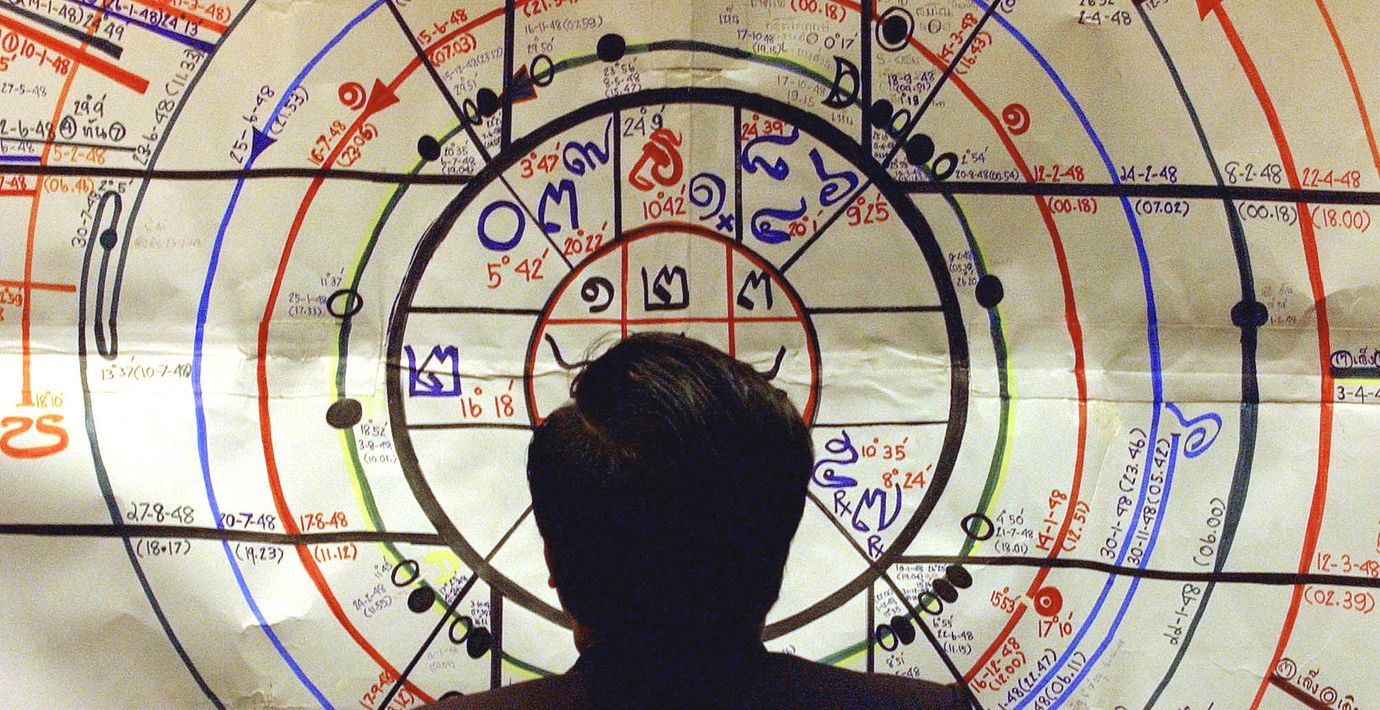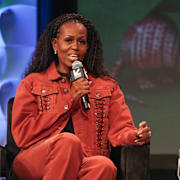
Väljare vänder sig till astrologi: ”Förutsåg Harris”
Fler än hälften av amerikanerna tycker att astrologi gör dem trygga, skriver USA Today. Nu vänder sig allt fler väljare också till stjärnorna för att förstå vad som pågår i det amerikanska presidentvalet.
Astrologen Cathrine Urban säger att ”med säkerhet” förutsåg att Kamala Harris roll inom politiken skulle fortsätta växa efter att hon blev vicepresident. Men hon medger att många icke-astrologer troligen kunde göra samma förutsägelse.
– Du vet, när du väl har blivit vicepresident, vad är nästa steg därifrån?
58 procent av de astrologiskt intresserade väljarna uppger att de vänder sig till astrologi ”framförallt som underhållning”, enligt USA Today.
bakgrund
Astrologi
Wikipedia (en)
Astrology is a range of divinatory practices, recognized as pseudoscientific since the 18th century, that propose that information about human affairs and terrestrial events may be discerned by studying the apparent positions of celestial objects. Different cultures have employed forms of astrology since at least the 2nd millennium BCE, these practices having originated in calendrical systems used to predict seasonal shifts and to interpret celestial cycles as signs of divine communications. Most, if not all, cultures have attached importance to what they observed in the sky, and some—such as the Hindus, Chinese, and the Maya—developed elaborate systems for predicting terrestrial events from celestial observations. Western astrology, one of the oldest astrological systems still in use, can trace its roots to 19th–17th century BCE Mesopotamia, from where it spread to Ancient Greece, Rome, the Islamic world, and eventually Central and Western Europe. Contemporary Western astrology is often associated with systems of horoscopes that purport to explain aspects of a person's personality and predict significant events in their lives based on the positions of celestial objects; the majority of professional astrologers rely on such systems.
Throughout its history, astrology has had its detractors, competitors and skeptics who opposed it for moral, religious, political, and empirical reasons. Nonetheless, prior to the Enlightenment, astrology was generally considered a scholarly tradition and was common in learned circles, often in close relation with astronomy, meteorology, medicine, and alchemy. It was present in political circles and is mentioned in various works of literature, from Dante Alighieri and Geoffrey Chaucer to William Shakespeare, Lope de Vega, and Calderón de la Barca. During the Enlightenment, however, astrology lost its status as an area of legitimate scholarly pursuit. Following the end of the 19th century and the wide-scale adoption of the scientific method, researchers have successfully challenged astrology on both theoretical and experimental grounds, and have shown it to have no scientific validity or explanatory power. Astrology thus lost its academic and theoretical standing in the western world, and common belief in it largely declined, until a continuing resurgence starting in the 1960s.
Omni är politiskt obundna och oberoende. Vi strävar efter att ge fler perspektiv på nyheterna. Har du frågor eller synpunkter kring vår rapportering? Kontakta redaktionen



